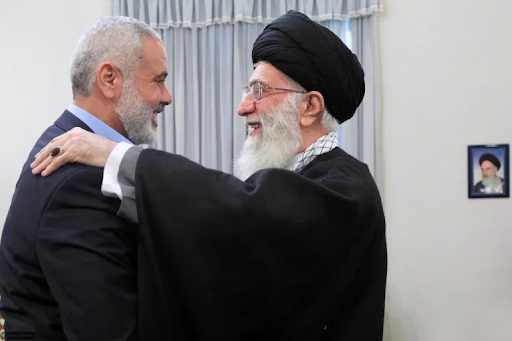
Pakistan: Iran has the right to respond to the targeting of its consulate in Damascus
Pakistani Defense Minister Khawaja Muhammad Asif stressed - today, Tuesday - that Iran has the right to respond to the Israeli raid that targeted the consular section of the Tehran embassy in Damascus, commenting on the Iranian attack that targeted Israel last Saturday in response to the bombing of its consulate.
Asif warned that the growing tension in the region may affect other countries, including Pakistan, and believed that the furnace of war may spread to countries that support Israel, in his speech to Pakistan's Geo News TV.
He stressed that his country does not want tensions to escalate in the region, but stressed that the genocide committed by Israel against the Palestinians in the Gaza Strip must stop.
On the other hand, the minister stressed that his country is in a position that allows it to complete the natural gas pipeline project with Iran, and that it is determined to do so.
He stated that Pakistan is extending the part of the pipeline extending from the Jaffdar region to the Iranian border on its territory.
Iranian President Ibrahim Raisi is scheduled to visit Pakistan on April 22, according to Pakistani media.
The first flow of Iranian gas to Pakistan was expected to begin in January 2015 after the two countries agreed on this, but no progress was made on the pipeline due to international sanctions against Iran and opposition from the United States.



















































